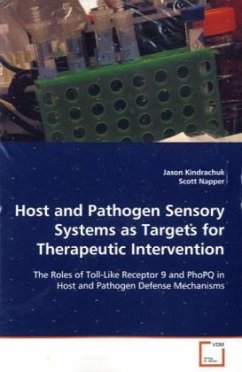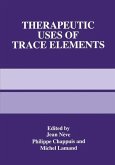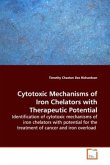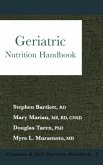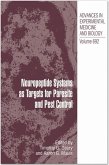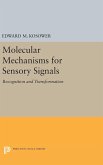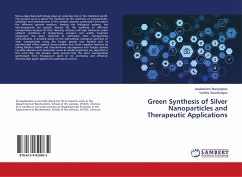A new paradigm for the treatment of infectious
disease is through the modulation of innate immune
responses. In this capacity, host defense peptides
(HDPs) and synthetic Toll-like receptor 9 (TLR9)
ligands have the greatest demonstrated potentials.
From the perspective of TLR9, a model is proposed in
which TLR9 activation is mediated specifically by
CpG-containing ligands while sensitivity of the
receptor is modulated by the absolute concentration
of nucleic acids in a sequence-independent fashion.
Alternatively, a methodology for the characterization
of HDPs is described that permits discrimination and
quantification of the distinct, but related,
behaviors of direct antimicrobial activity and PhoQ
ligand potential and provides a rational basis for
peptide selection with greater therapeutic potential
and minimized potential for initiation of bacterial
resistance. The work presented here considers
mechanisms for the improvement of these treatments
through optimization (in the case of CpGs) or
alternatively minimization (in the case of HDPs) of
the interactions of these ligands with sensory receptors.
disease is through the modulation of innate immune
responses. In this capacity, host defense peptides
(HDPs) and synthetic Toll-like receptor 9 (TLR9)
ligands have the greatest demonstrated potentials.
From the perspective of TLR9, a model is proposed in
which TLR9 activation is mediated specifically by
CpG-containing ligands while sensitivity of the
receptor is modulated by the absolute concentration
of nucleic acids in a sequence-independent fashion.
Alternatively, a methodology for the characterization
of HDPs is described that permits discrimination and
quantification of the distinct, but related,
behaviors of direct antimicrobial activity and PhoQ
ligand potential and provides a rational basis for
peptide selection with greater therapeutic potential
and minimized potential for initiation of bacterial
resistance. The work presented here considers
mechanisms for the improvement of these treatments
through optimization (in the case of CpGs) or
alternatively minimization (in the case of HDPs) of
the interactions of these ligands with sensory receptors.

